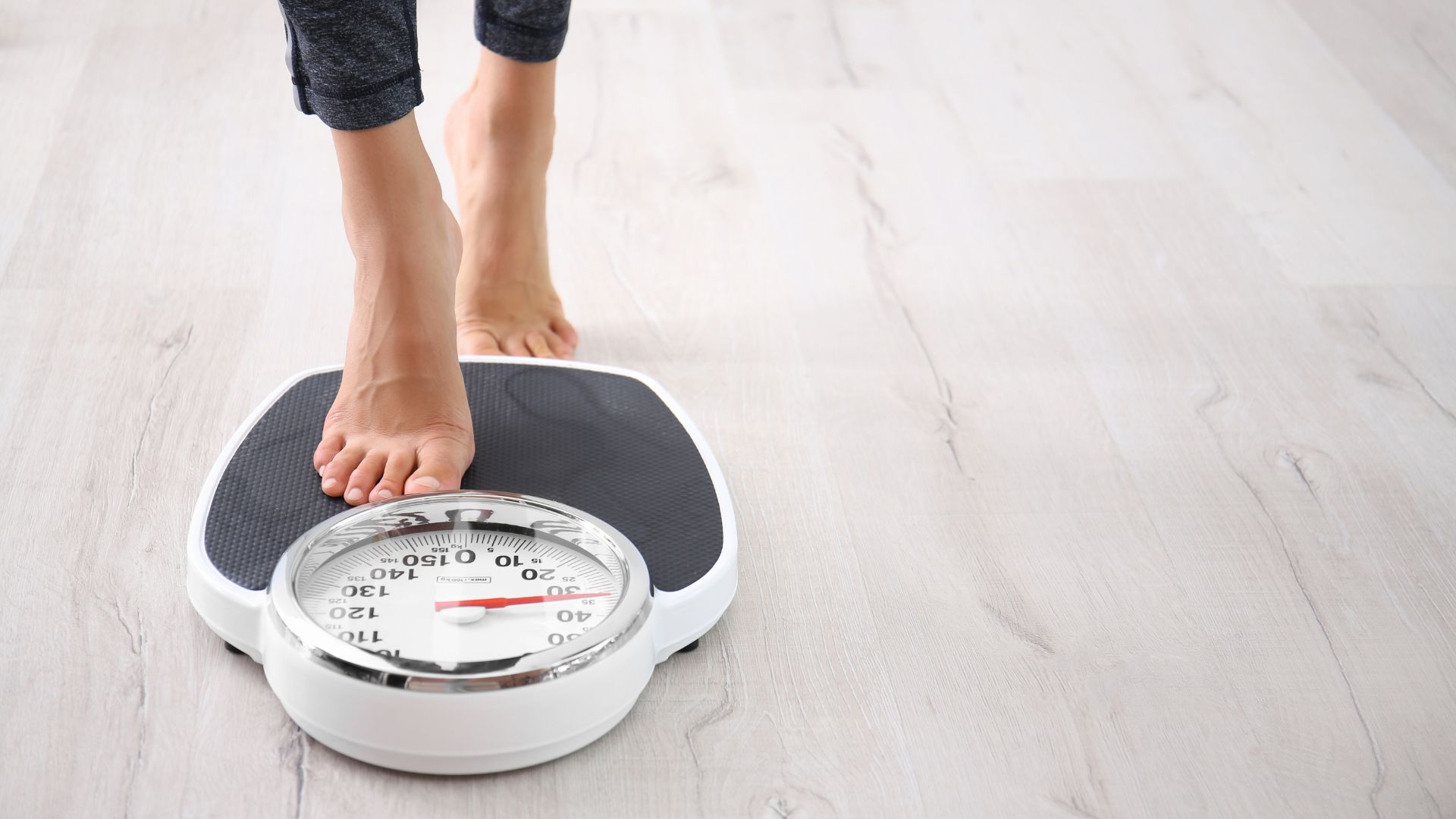
01 Mar 6 Common Diet Myths
With so much information around weight loss available, it can be challenging to sort the truths from the diet myths. So what should you believe? As a team of qualified nutritionists, it’s our job to help our clients sort fact from fiction and get clarity on what best suits them when it comes to losing weight and optimising their health
Arrange your complimentary call with our team today to find out how we can help you to overcome your weight challenges, achieve your desired weight and maintain it long term.
WHAT ARE THE MOST COMMON DIET MYTHS?
In this article we take a look at some of the most common tropes we see people buying into when it comes to how best to eat to lose weight and optimise health, and reveal the truth behind the diet myths!
IT’S SIMPLY ABOUT CALORIES IN VS CALORIES OUT
For some people, controlling their calorie intake is all they need to do to lose weight. For many others, it’s not so simple. For these people, the ‘eat less and exercise more’ messaging can be extremely frustrating. Many of the clients we work with struggle with issues like underactive thyroid, weight gain around the menopause, or other physiological causes of weight loss resistance. Often these people come to us already eating a healthy, calorie controlled diet and doing regular exercise. Despite this they are still not losing weight and require a more sophisticated approach to weight loss that identifies and addresses the underlying cause.
Read our guide to overcoming weight loss resistance.
YOU CAN EAT ALL THE NATURAL SUGAR YOU LIKE
Sugar is sugar, whether it comes out of a Tate & Lyle bag or from honey, maple syrup or dates. Once it’s broken down by your digestive system and released into your bloodstream it’s going to have much the same effect. Watch out for ‘no added sugar’ products which can still contain a high amount of naturally occurring sugar.
Read The Truth About Natural Sugars.
OAT MILK IS HEALTHY
It’s the go-to dairy alternative for many, but oat milk isn’t as healthy as we might think. Many brands can be highly processed, containing multiple additives. Oat milk can also contain a surprising amount of sugar, even if the label states ‘no added sugar’. Even oat milks with no added sugar contain around a teaspoon of sugar per 100mls, so it can soon add up. If you’re an oat milk drinker, it’s always worth reading the label and picking one that doesn’t contain undesirable oils and additives.
Find out more in our full guide to oat milk.
FRESH FRUIT AND VEGETABLES ARE ALWAYS HEALTHIER
Actually, frozen fruits and vegetables can contain higher levels of nutrients. Generally frozen fruit and vegetables are ripened and undergo minimal processing before freezing. In one study, fresh peas were found to lose 15% of their vitamin C after seven days when stored in the fridge, and 60% when stored at room temperature. However, when frozen, they only lost 10% after 12 months.
Read Kim’s guide to frozen, fresh and tinned fruit and vegetables on Runner’s World.
YOU CAN GET ALL THE NUTRIENTS YOU NEED FROM A BALANCED DIET
Every week we run blood tests on our clients and vitamin D deficiency is something that comes up time and time again. Low omega 3 is also common and insufficient levels of iron is relatively common in women. It’s recommended that we all supplement vitamin D during autumn and winter months. You can’t rely on diet as we get the majority of our vitamin D from sun exposure which is inadequate during winter, even if you do spend a lot of time outdoors.
Read more about the factors that affect your nutritional needs, and how to navigate them.
FASTING ALWAYS LEADS TO WEIGHT LOSS
Fasting has been growing in popularity over recent years, with many people choosing to skip breakfast or limiting the hours they eat in throughout the day in an attempt to reduce calories and lose weight. However, as with any diet or nutrition plan, taking a one-size-fits-all approach is unlikely to achieve the results you’re hoping for. For many, skipping breakfast or putting off eating until later in the day, especially after a long fasting window, can lead to being over-hungry and over-eating when you do start eating for the day, or late-night snacking to overcompensate for the hunger you’ve felt throughout the day. Eating healthy, well-balanced meals should be the priority over skipping meals when it comes to nutrition, and working with a qualified personal nutritionist can help you figure out what’s right for you.
Read our guide to fasting for weight loss here.
WORK WITH US
We are a team of qualified nutritionists who specialise in weight loss. If you’re ready to overcome your weight challenges, achieve your goal weight and maintain it long term, we can help. You can use this link to book in for a complimentary call. This is an opportunity to talk through your challenges with a member of our team and decide together whether one of our Intelligent Weight Loss programmes is right for you. Or contact us to request a copy of our brochure and we will get back to you soon.
Sign up for our newsletter for the latest health, weight loss and wellbeing advice, direct to your inbox.


